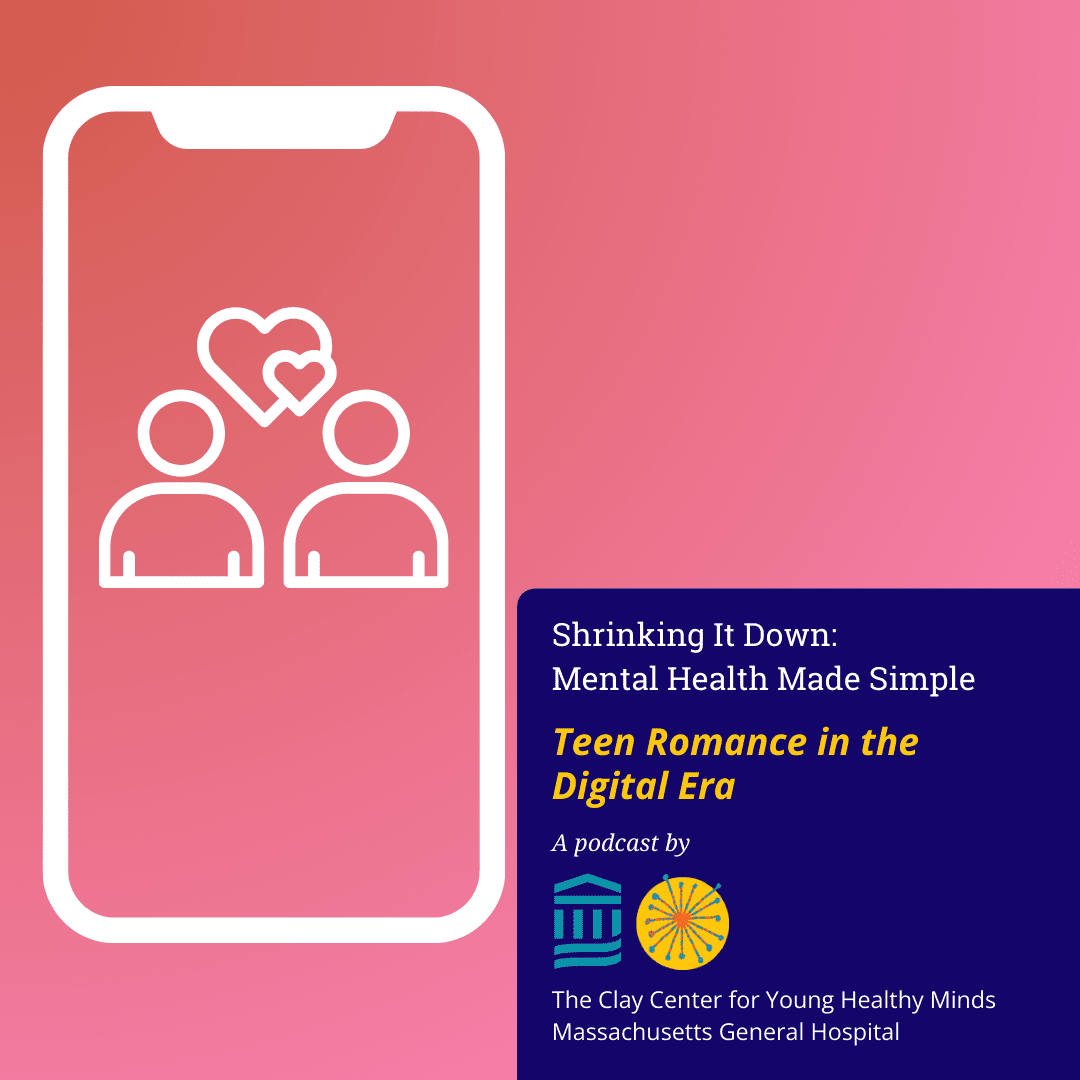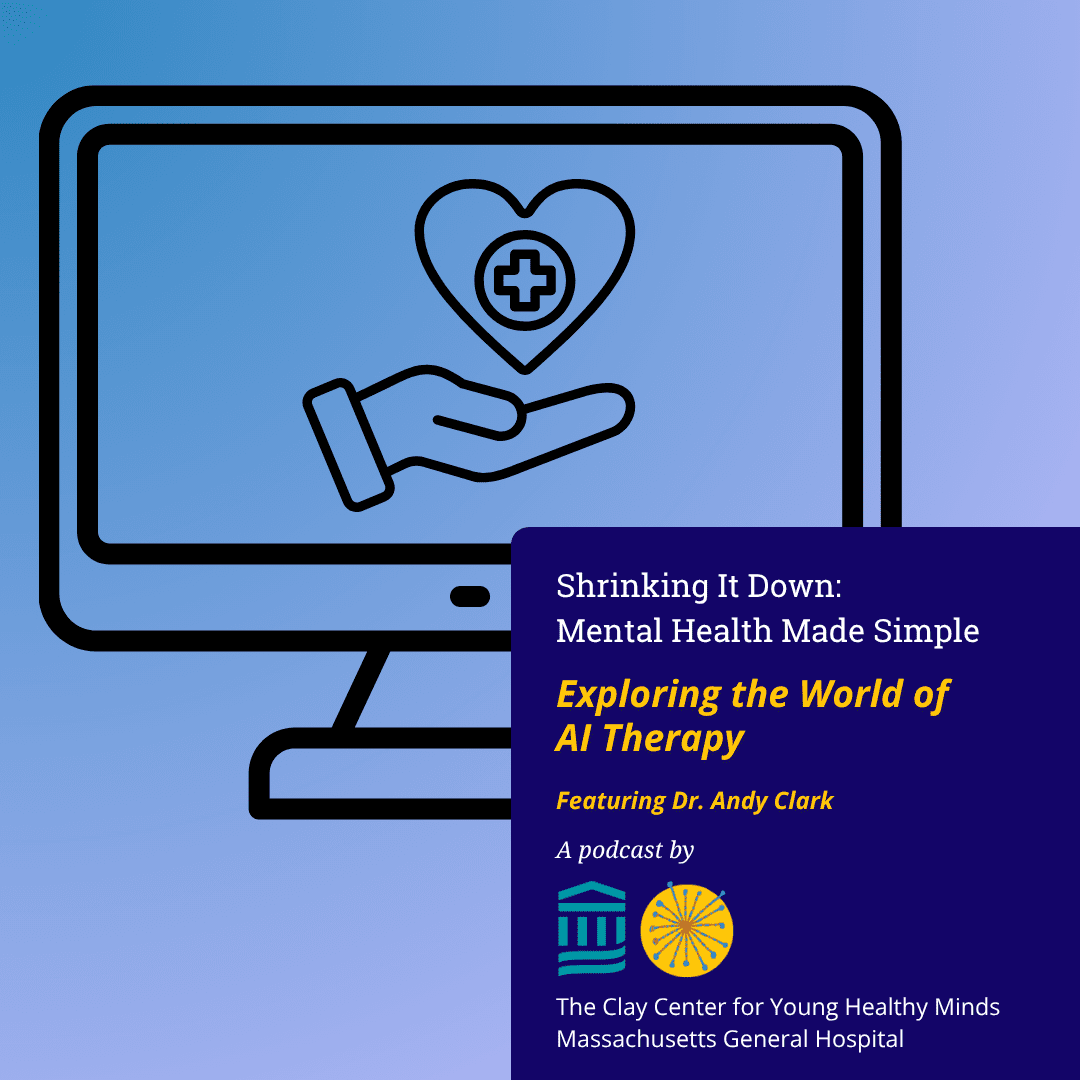Anger Management: Ways to Help You and Your Kids Stay in Control

Posted in: Parenting Concerns, You & Your Family
Topics: Behavioral Issues
Everyone gets angry from time to time — parents and kids alike.
Anger is a normal emotion that’s part of the “fight or flight” response. This means it’s an emotion that informs us that something in our lives is threatening, frustrating, upsetting, or unfair. Many situations make us feel angry, such as conflicts in our relationships, difficulties with schoolwork, feeling disrespected, unappreciated, or misunderstood, receiving a grade that feels undeserved, and many others.
Anger is not always a bad thing. It may be helpful if it motivates us to meet a challenge or correct something that has gone wrong. It can also help us work harder to master a skill, to overcome a personal weakness, such as a learning disability, or stand up for what we believe in.
On the other hand, anger may be harmful, especially if excessive.
Anger may be directed outward or inward. Outward expressions of anger include aggressive behavior, such as tantrums in young children, screaming at someone, or more rarely, throwing things, punching a wall, or physically attacking others. Inward expressions of anger – or “beating yourself up” – are times in which we become furious, or devalue or degrade ourselves. Sometimes anger is not expressed at all, but just simmers without us being aware of how angry we are.
In any case, expressed or suppressed anger may take a significant negative toll on our health, relationships, and daily activities.
Consequences of Excessive Anger
- Physical Health: Severe anger may be chronic or occasional. In either case, it may cause high blood pressure, poor sleep, hormonal problems, or weaken your immune system.
- Mental Health: Long-standing anger can contribute to depression, anxiety, substance misuse, stress, clouded thinking, feelings of guilt, and low self-esteem.
- Relationships: Overt blowups in relationships can cause breakups, prevent resolving conflicts (or contribute to deeper ones), and negatively affect your image. Frequent outward expressions of anger may lead to rejection and isolation. It may cause others not to trust you.
- Activities: Anger can interfere with the ability to get schoolwork done or collaborate with peers on school projects, sports teams, or in a part-time job. While thoughtful or critical discussions – even debates – may be useful and productive, angry outbursts at peers or authorities may result in negative academic reports, being benched, or being fired.
Ways to Manage Anger: Tips for Kids and Parents
Here are some ways kids and parents can manage anger. These skills need to be tailored to the age of your child, and for everyone they require practice on a regular basis. One thing to keep in mind is that some people are born more easily angered than others. This is called “trait aggression” or “trait anger.” We’re all born with certain inherited qualities — some of us are generally calm, others more nervous, some more easily frustrated, and some more prone to irritation and aggression. For those with the anger trait, it’s especially important to work on anger management skills, but it’s a lot harder. Keep at it!
- Know When You Are Angry: Sometimes we are not aware that we’re angry and just explode. Other times, hidden anger simply eats away at us. Help your child and yourself to recognize when you are angry. This may be noticing physical signs of anger: rapid heart rate, muscle tension, headaches, breathing faster, an upset stomach, or clenching teeth. There may also be mental signs: poor concentration, obsessing over some event or insult, feeling stressed, worried, or keyed up. If you and your kids know when you’re angry, you all have a much better opportunity to manage it.
- Identify Triggers: We all have certain experiences that make us “see red” — waiting in long lines, disrespectful comments from friends or family, frozen computer screens, messing up on a homework assignment or in a sports event. Knowing and recognizing the activities or prompts in daily life that set us off gives us time to plan ahead, walk away, take a time out, or use a technique to modify our thoughts, emotions, and behavior.
- Control Thoughts: When angry, our thoughts may become exaggerated, distorted or even catastrophic. For example, your teen, having a conflict in a relationship, may think, “They always diss me, they never ever respect me!” Or, “I never get what I need, never!” When you find your child (or you) thinking in dramatic, black or white, all-or-nothing ways, using a cognitive behavioral therapy (CBT) technique may be incredibly helpful to deflate the exaggerated thoughts. By doing this, the anger is reduced. The skill is to debate yourself. Coach your child to ask: “Is this really and totally true? Do I ever get respect and get what I need?” If your child or you honestly answer these questions in your own head it will usually modify the exaggerated thoughts and make them more realistic — “Well, sometimes I am respected and get what I need. It’s not all the time. But this sure feels like it!” This kind of mental restructuring is extremely valuable in tempering anger.
- Relaxation Techniques: Regular use of meditation, yoga, or stretching is very helpful in quelling angry feelings. Think of other ways you and your child or teen relax: listening to music, dancing, watching a TV series, or reading. One important thing to consider: a relaxation technique is NOT turning to using substances. While alcohol, tobacco, or other drugs will, in fact, calm you down, when used to “self-medicate” angry feelings, this may lead to chronic use or addiction. A dangerous habit is reaching for a drug to manage feelings — and over time, this may be a habit that’s tough to break.
- Exercise: Daily exercise or going for a run or working out when upset is an excellent way to calm down and reset your emotional system.
- Lengthen the Fuse: When you or your child is angry, that anger may feed on itself and grow in intensity. The longer the time we place between our impulse to react and our actual reaction, the less likely we are to have an angry response to a charged situation. We can all train ourselves to separate ourselves from the situation that make us angry. Take a break from a heated conversation, or physically walk away from a frustrating situation. You can also try to use distraction to take your focus off what’s making you angry. Examples of this for your kids might include starting an activity that demands attention like playing a video game, working on an assignment, or practicing a sport, like going out and shooting some hoops.
- Use Humor: Many times, when we’re angry, lightening up is a good way to go. You’ll know your child best, in terms of using this strategy. If you or your child is in a dispute with a friend, try making jokes about the situation and laughing about what’s going on. Be sure not to laugh at the other person, laugh with them! Or watch a funny YouTube clip or movie. The key is converting emotional energy from rage to humor.
- Have Frequent Conversations and Practice Together: It’s super important to talk with your kids about their anger and ways to manage it. This heightens awareness of anger and the ways we all can control it. As a parent, when you feel angry, there’s no better way to calm down than talking things out with and feeling supported by a trusted person. And remember, whether talking with your kids or a friend, try not to let the conversation turn into a rant, and help to redirect the conversation if it does. Venting anger may only beget more anger. And for managing your own anger, be careful not to use your kids as confidents, but rather, turn to another trusted adult – like a partner, sibling, or good friend. Try to use your conversations to help problem-solve, see things differently, and put thoughts and feelings into perspective. It’s also very helpful to practice management skills with your kids. Many of the techniques may be done together.
- Seek Mental Health Services: Frequent episodes of anger may be a symptom of a mental health disorder such as depression, anxiety, PTSD, substance misuse, or another disorder. Or it may be a problem with a friendship, romantic partner, family relationship, or being the victim of bullying. When you or your kids feel stuck and none of the skills are helping, seeking an evaluation from a mental health professional is important. If an underlying psychiatric or behavioral disorder is identified from the assessment, it may result in recommending appropriate medication to treat the disorder, as well as psychological counseling.
- Remember – Your Kids Learn From You: As parents, we have a tremendous influence on our kids’ behavior. No matter how old, they are watching and identifying with us. This process leads to our kids using similar ways to react to all sorts of situations, and one reason why some behaviors are repeated from generation to generation. So, if you let your anger get out of control in response to an event, your kids – especially young children – are likely to see this as a norm, take it in, and repeat it in their own way. While managing anger is important for your own life, it’s also important for your kids’ development and learned responses to difficult, frustrating situations. This is one more reason for conversation: if you lose control of your anger in front of your kids (and we all do at some time or another), once you are calm it’s wise to have a conversation and apologize for the way you reacted — even if it had nothing to do with them. The more they see that we all have things to work on, things that could use improvement, the more incentive they have to follow your lead and take control of their feelings and behavior.
The bottom line is that anger is part of being human, and it may be expressed for better or worse. If your anger or your child’s anger is working against you, there are many effective ways of to manage it.


 Share
Share Tweet
Tweet





